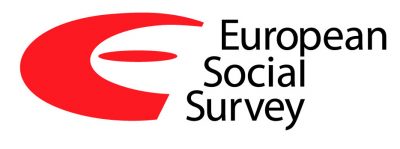
The ESS is designed to measure the values, attitudes, and behavioral patterns of the populations across Europe. To ensure the collection of high-quality, internationally comparable data, the survey follows precise and rigorous methodological guidelines. The scientific quality of the ESS was recognized in 2005 when the project received the prestigious Descartes Prize.
The survey’s questionnaire is divided into two parts. The first part, known as the “core module,” covers a range of socio-political, socio-economic, and socio-psychological questions, along with information about the respondents’ socio-demographic characteristics. This core module remains consistent across survey rounds. The second part features two or more periodically repeated modules that focus on specific topics of particular academic or political interest. These rotating modules offer deeper insights into selected issues. Additionally, a supplementary section includes the Schwartz Human Values Scale and a selection of experimental tests.
The main objectives of the ESS:
- Generate a continuous series of valuable data for comparisons over time and across countries that monitor the evolution of values, attitudes and behavioral patterns in the European societies;
- Establish and transmit higher standards in the comparative international social sciences (e.g. questionnaire design and pre-testing, sampling strategies, translation procedures, data collection and processing);
- Increase the visibility and accessibility of statistical data on social change in Europe, not only for researchers and policymakers, but also for the media and the wider public.
The ESS-ERIC is governed by a General Assembly, which oversees three standing committees: the Scientific Advisory Board, the Methods Advisory Board, and the Finance Committee. Switzerland is represented in the General Assembly by Lea Bühlmann from the State Secretariat for Education, Research, and Innovation.
The Core Scientific Team at the City University of London is responsible for the design and operationalization of the survey, including key methodological decisions, survey topics, the development of the source questionnaire, and the archiving of data. This work is further supported by partners at various research centers across Europe:
- Centerdata (Netherlands)
- GESIS – Leibniz Institute for the Social Sciences (Germany)
- Sikt – Norwegian Agency for Shared Services in Education and Research (Norway)
- Universitat Pompeu Fabra, Spain
- University of Essex, Great Britain
Each participating European country conducts the survey in accordance with the methodological guidelines established by the central ESS-ERIC team. In Switzerland, FORS is responsible for implementing the survey. Led by Michèle Ernst Staehli, the Swiss ESS team undertakes several key tasks, including translating the English source questionnaire into three national languages (French, German, and Italian), drawing the sample for Switzerland, developing specific survey methodologies, and handling the cleaning, processing, and documentation of the Swiss ESS data.
Funding
The international project planning and organization, the questionnaire development, and data archiving are funded by the members of the ESS-ERIC. In Switzerland, the planning and operationalization of the survey are financed by the Swiss National Science Foundation (SNSF).
The ESS is characterised by scientific rigour and methodological sophistication. The two following aspects are of particular importance:
The source questionnaire must be developed with particular care in order to enable cross-country comparisons. The questions are pre-tested in several countries. Emphasis is also placed on the quality of the question translations. The specialists of the ESS Core Scientific Team provide the national teams with guidance regarding their translation procedure. The specific process for translation and assessment is called TRAPD (translation, review, adjudication, pretesting, and documentation).
The quality of a survey depends to a high degree on the sample drawing procedures. The Core Scientific Team is supported by a group of specialists who advise and validate the national samples. In order to ensure the sample of the population is as representative as possible, the protocol prohibits quota samples and encourages the participating countries to achieve high response rates. To this effect, the methodological procedures are constantly improved (e.g., intensive interviewer training). Since the third round, Switzerland has achieved a response rate of more than 50 percent, which is an exceptionally high rate for this type of survey.
Data collection and sampling in Switzerland
The respondents are drawn from a probabilistic sample representing the countries’ population aged 15 and above. A net sample size of at least 1,500 respondents is required. Since 2010, the ESS is considered a survey of national importance to Switzerland, which means that a sample of individuals can be drawn randomly from the sampling register of the Swiss Federal Statistical Office, in accordance with Art. 13c, para. 2, lett. d, of the Ordinance on the Execution of Federal Statistical Surveys dated 30 June 1993.
Sample design:
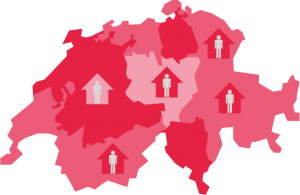
- Selection of a specific number of households in every region of Switzerland (national registry of phone numbers and addresses)
- Random drawing of one person from each household/address
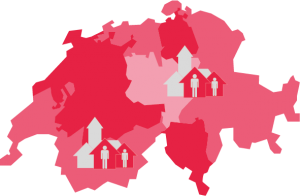
- Sample of postal codes representing all regions of Switzerland
- Selection of a specified number of households from each of the sampled postal codes
- Random drawing of one person from each household
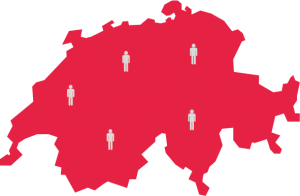
Until ESS round 11, data collection was carried out through face-to-face interviews (CAPI). From Round 12 onwards, there will be a gradual transition to self-administered web and paper surveys (CAWI). In round 12, half of the sample will be interviewed face-to-face (CAPI) and the other half will complete the questionnaire via web and mail. From round 13 onwards, data collection will be carried out exclusively in self-completion mode. The survey takes approximately one hour to complete.
The questionnaire is divided into two sections: a main part with core questions that remain consistent across all rounds, and a second part that focuses on specific topics, which are periodically repeated.
The core modules are designed to track the evolution of a wide range of social indicators. These include media usage, levels of trust within society, political participation, perceptions of institutions, subjective well-being, experiences of discrimination, attitudes toward social exclusion, and national, ethnic, and religious identity. Additionally, the core modules gather socio-demographic information about respondents. The consistent nature of these questions allows for the observation of changes over time.
The rotating modules, on the other hand, address specific topics that vary in each round of the ESS. For each round, research groups propose topics they consider particularly relevant. These may include entirely new topics or revisited themes from previous rounds. The purpose of the rotating modules is to deepen or expand research on specific areas of interest. Both rotating modules for ESS 2025 (Personal and Social Well-being, as well as Attitudes to Immigrants and Refugees) are repeats of previous editions.
A supplementary section is dedicated to the Schwartz’ human values scale and a series of experimental tests.
| 2025 | Core modules A) Media and social trust, Politics, Subjective well-being, social exclusion, religion, national identity B) Socio demographics | Rotating modules C) Personal and social wellbeing D) Attitudes to immigrants and refugees | Additional modules E) Human values Test questions |
| 2023 | Core modules A) Media and social trust B) Politics C) Subjective well-being, social exclusion, religion, national identity F) Socio demographics | Rotating modules D) Health inequalities E) Gender in contemporary Europe | Additional modules G) Human values Test questions |
| 2020/21 | Core modules A) Media and social trust B) Politics C) Subjective well-being, social exclusion, religion, national identity F) Socio demographics | Rotating modules D) Understandings and evaluation of democracy G) Digital social contacts in work and family life | Additional modules G) Human values Test questions K) Attitudes toward Covid-19 pandemic |
| 2018 | Core modules A) Media and social trust B) Politics C) Subjective well-being, social exclusion, religion, national identity F) Socio demographics | Rotating modules D) Timing of Life G) Fairness and Justice | Additional modules G) Human values Test questions |
| 2016 | Core modules A) Media and social trust B) Politics C) Subjective well-being, social exclusion, religion, national identity F) Socio demographics | Rotating modules D) Welfare attitudes E) Public attitudes to climate change | Additional modules G) Human values Test questions |
| 2014 | Core modules A) Media and social trust B) Politics C) Subjective well-being, social exclusion, religion, national identity F) Socio demographics | Rotating modules D) Health inequalities E) Attitudes toward immigration | Additional modules H) Human values Test questions |
| 2012 | Core modules A) Media and social trust B) Politics C) Subjective well-being, social exclusion, religion, national identity F) Socio demographics | Rotating modules D) Personal and social well-being E) Understandings and evaluation of democracy | Additional modules G) Human values Test questions |
| 2010 | Core modules A) Media and social trust B) Politics C) Subjective well-being, social exclusion, religion, national identity F) Socio demographics | Rotating modules D) Trust in criminal justice E) Family, work and well-being | Additional modules G) Human values Test questions |
| 2008 | Core modules A) Media and social trust B) Politics C) Subjective well-being, social exclusion, religion, national identity F) Socio demographics | Rotating modules D) Welfare attitudes F) Experiences and expressions of ageism | Additional modules G) Human values Test questions |
| 2006 | Core modules A) Media and social trust B) Politics C) Subjective well-being, social exclusion, religion, national identity F) Socio demographics | Rotating modules D) The timing of life: the organization of the life course E) Personal and social well-being | Additional modules G) Human values Test questions |
| 2004 | Core modules A) Media and social trust B) Politics C) Subjective well-being, social exclusion, religion, national identity F) Socio demographics | Rotating modules D) Opinions on health and care seeking E) Economic morality: Market society and citizenship G) Family, work and well-being | Additional modules H) Human values Test questions |
| 2002 | Core modules A) Media and social trust B) Politics C) Subjective well-being, social exclusion, religion, national identity F) Socio demographics | Rotating modules D) Immigration E) Citizenship, involvement and democracy | Additional modules G) Human values Test questions |
ESS_2018_Questionnaire_English_French_German_Italian
ESS_2016_Questionnaire_English_French_German_Italian
ESS_2014_Questionnaire_English_French_German_Italian
ESS_2012_Questionnaire_English_French_German_Italian
ESS_2010_Questionnaire_English_French_German_Italian
The Swiss ESS data is additionally accessible via the FORS – De Visu Server. This platform offers exclusive access to supplementary country-specific questions surveyed in Switzerland, along with the German and French language versions of the dataset. Further details regarding the survey, data, and variables are also available here. While FORS – De Visu provides a limited selection of Swiss ESS data, the full dataset is available on the SWISSUbase data catalogue.
For cross-country comparisons, the data must be weighted by the population size of each respective country to ensure proper representation. The ESS calculates these weights for all participating countries (see ESS Population weight). Depending on a country’s sampling design, additional weighting may be required to correct for sampling biases (see ESS Design Weight). For Switzerland, only ESS data from 2002 to 2008 requires such design weights. Since 2010, respondents have been drawn from a single-stage national random sample of individuals, eliminating the need for design weights from 2010 onward.
Researchers are reminded to adhere to the data use conditions, particularly regarding proper citation (see correct citation for Swiss datasets) in publications. All publications utilizing ESS data must be reported to the ESS data archive.
For users wishing to expand their knowledge of social science statistics, a free online course is available. EDUNET offers both theoretical and practical tutorials, including exercises based on ESS data with built-in correction/proofing.
Interesting links:
- SWISSUbase and FORS – De Visu (the national social science data archive that stores the ESS-data for Switzerland)
- The international archive (that stores all ESS data)
- The international site of the European Social Survey
- ESS for participants (the site for participants in Switzerland)
Further documents:
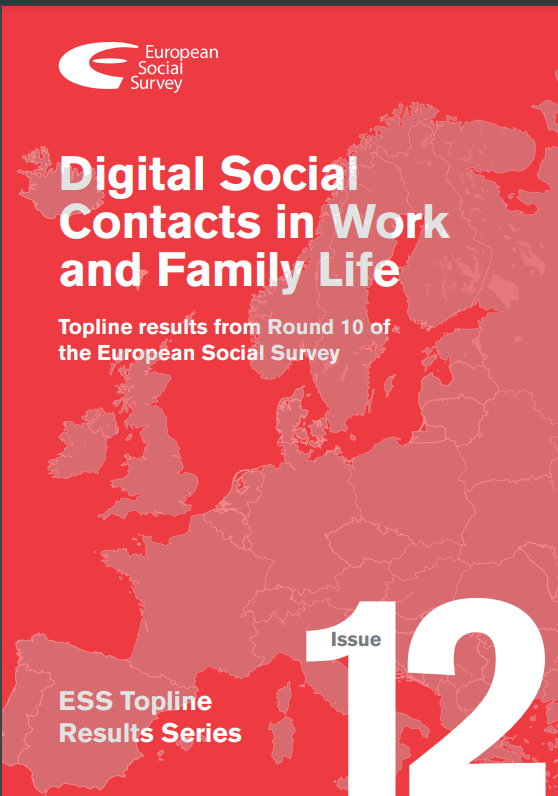
The Past, Present and Future of European Welfare Attitudes (also available in German and French)
ESS 2014: Topline Results on Social Inequalities in Health and Attitudes towards Immigration
Social Inequalities in Health and their Determinants (also available in German and French)
ESS 2012: Topline Results on Personal and Social Wellbeing
Europeans’ Personal and Social Wellbeing (also available in French and Italian)
ESS 2010 and 2008:
ESS 2010


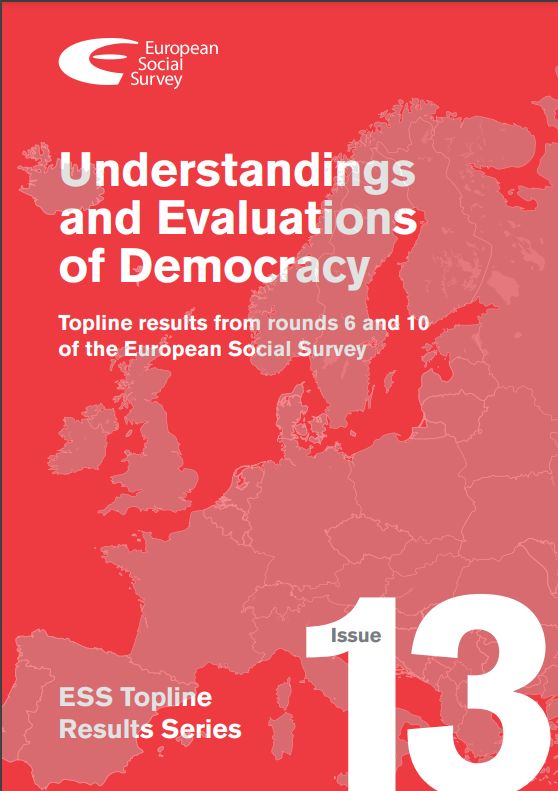
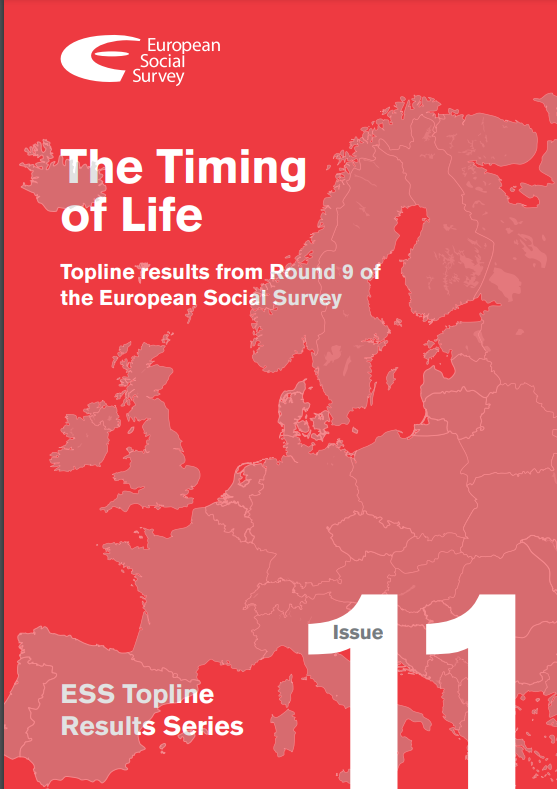
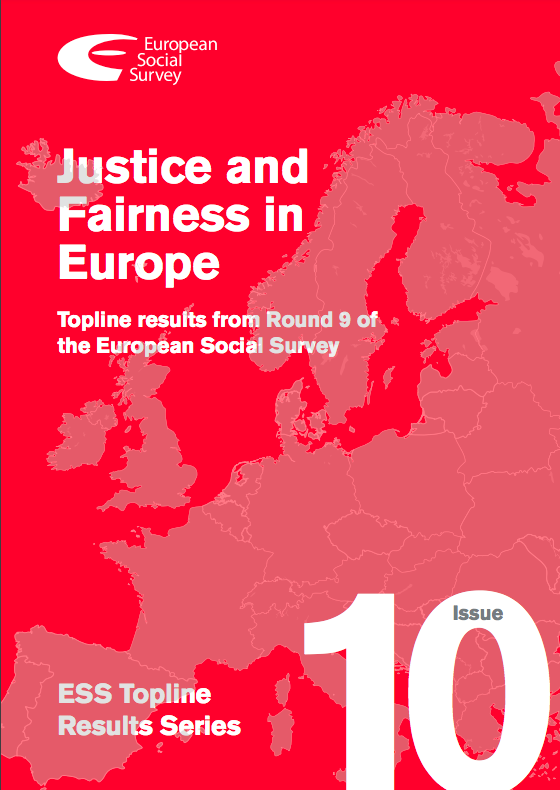
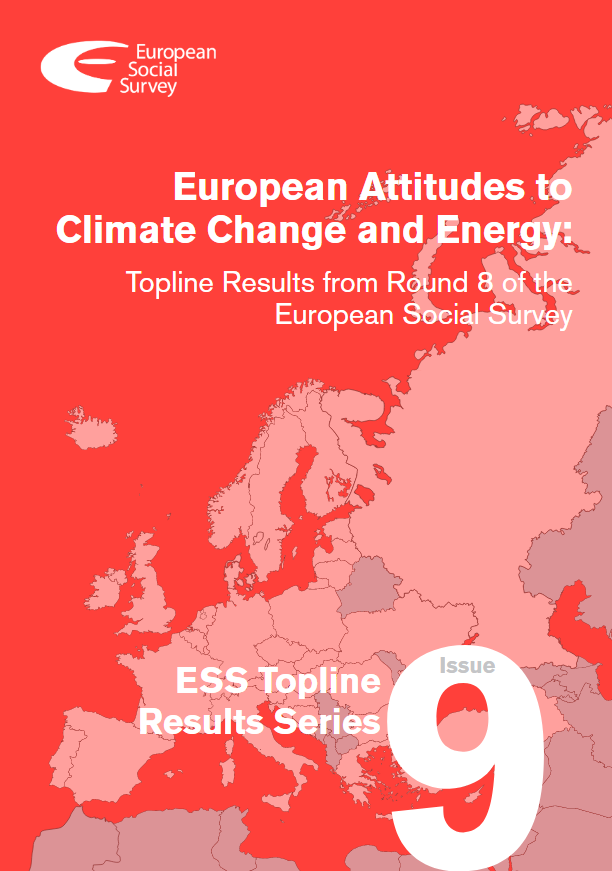
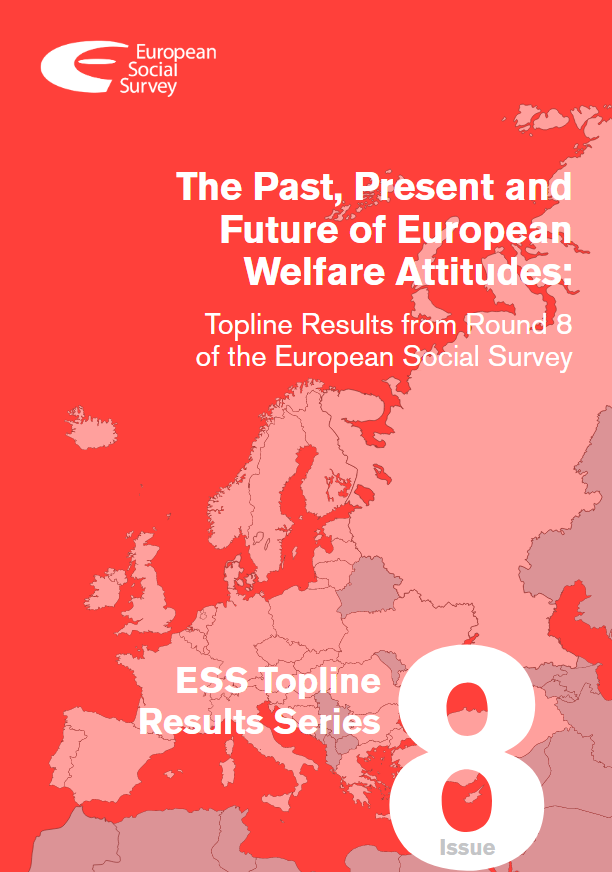
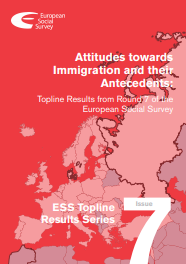
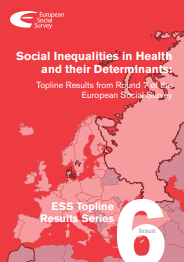
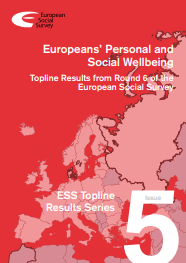
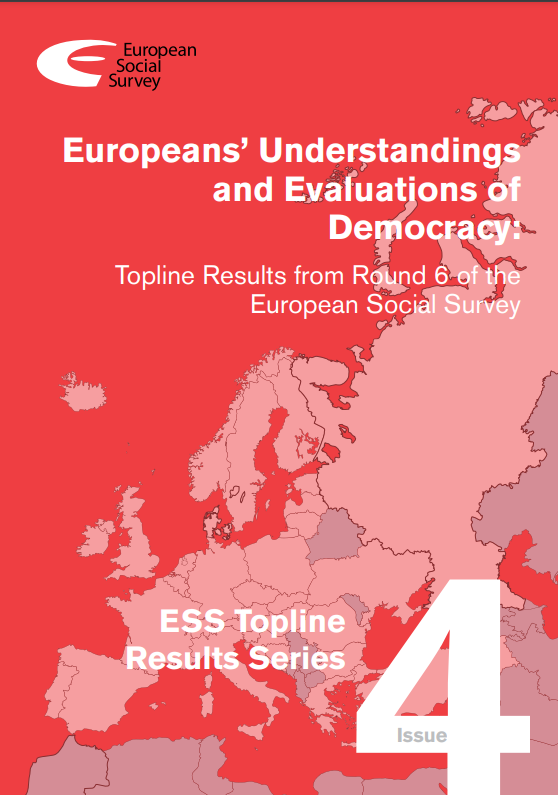
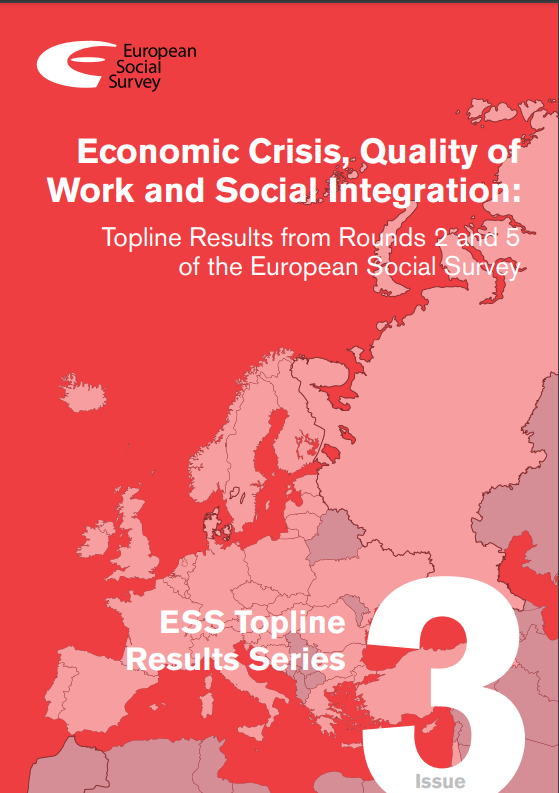
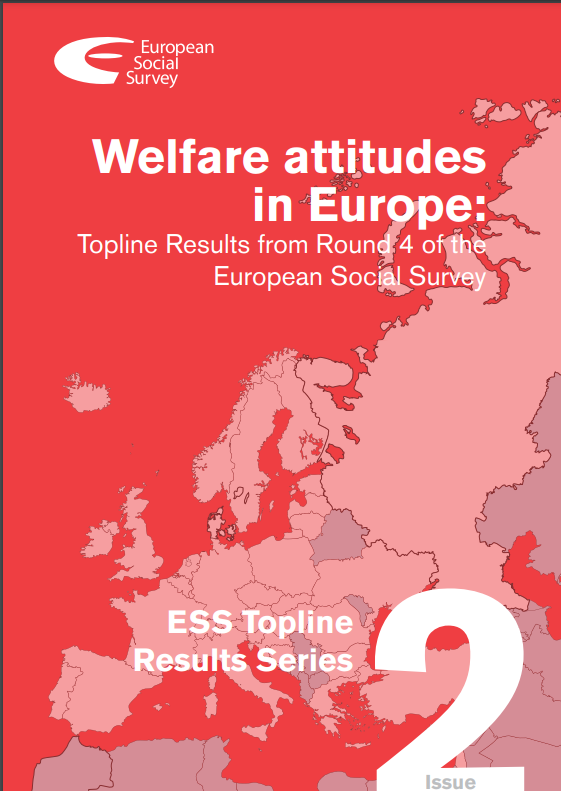
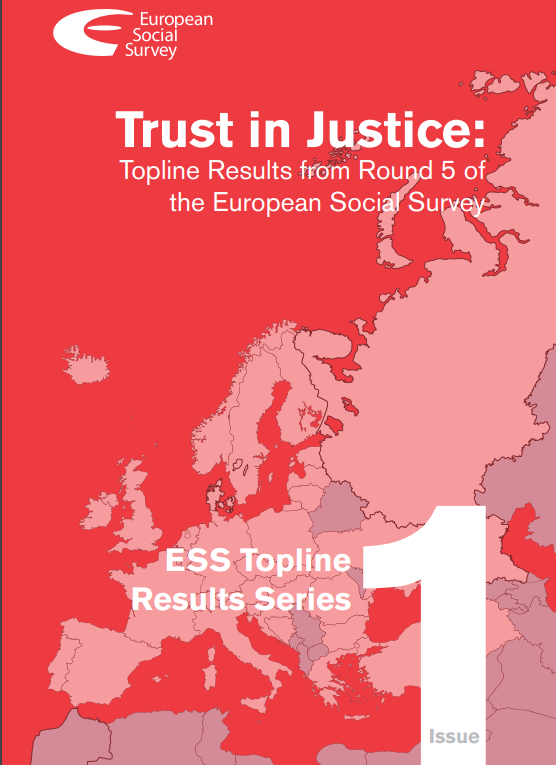

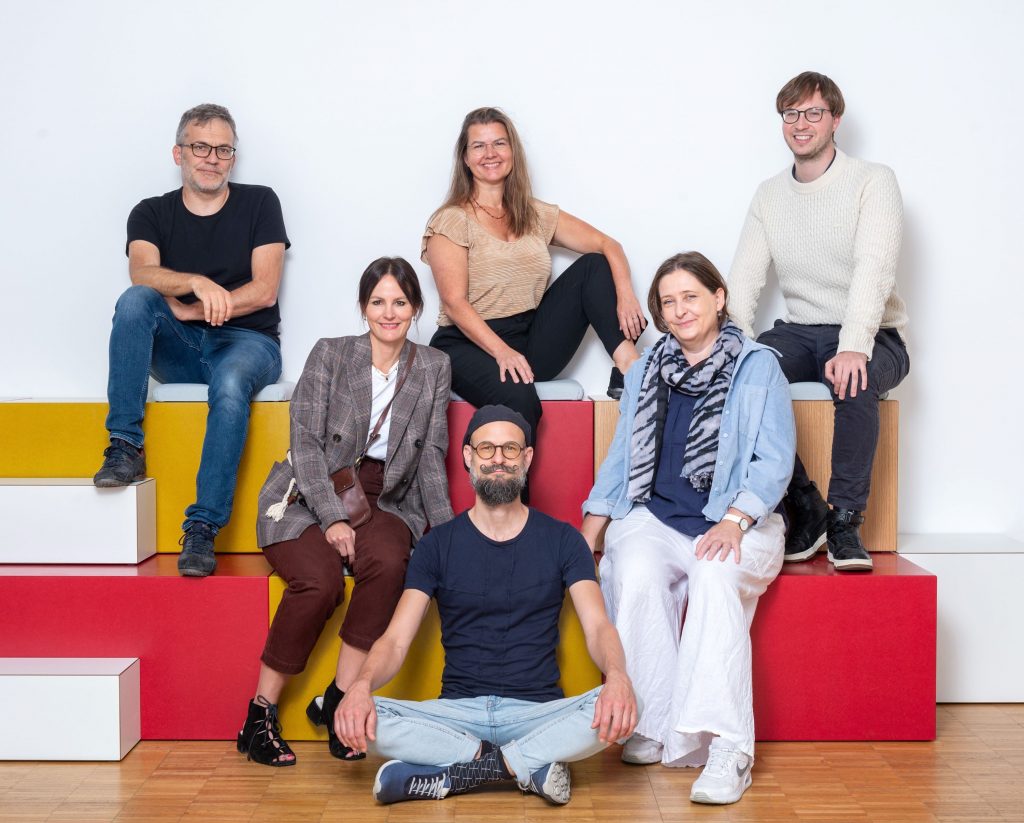
 Bâtiment Géopolis,
Bâtiment Géopolis, +41 (0)21 692 37 30
+41 (0)21 692 37 30

